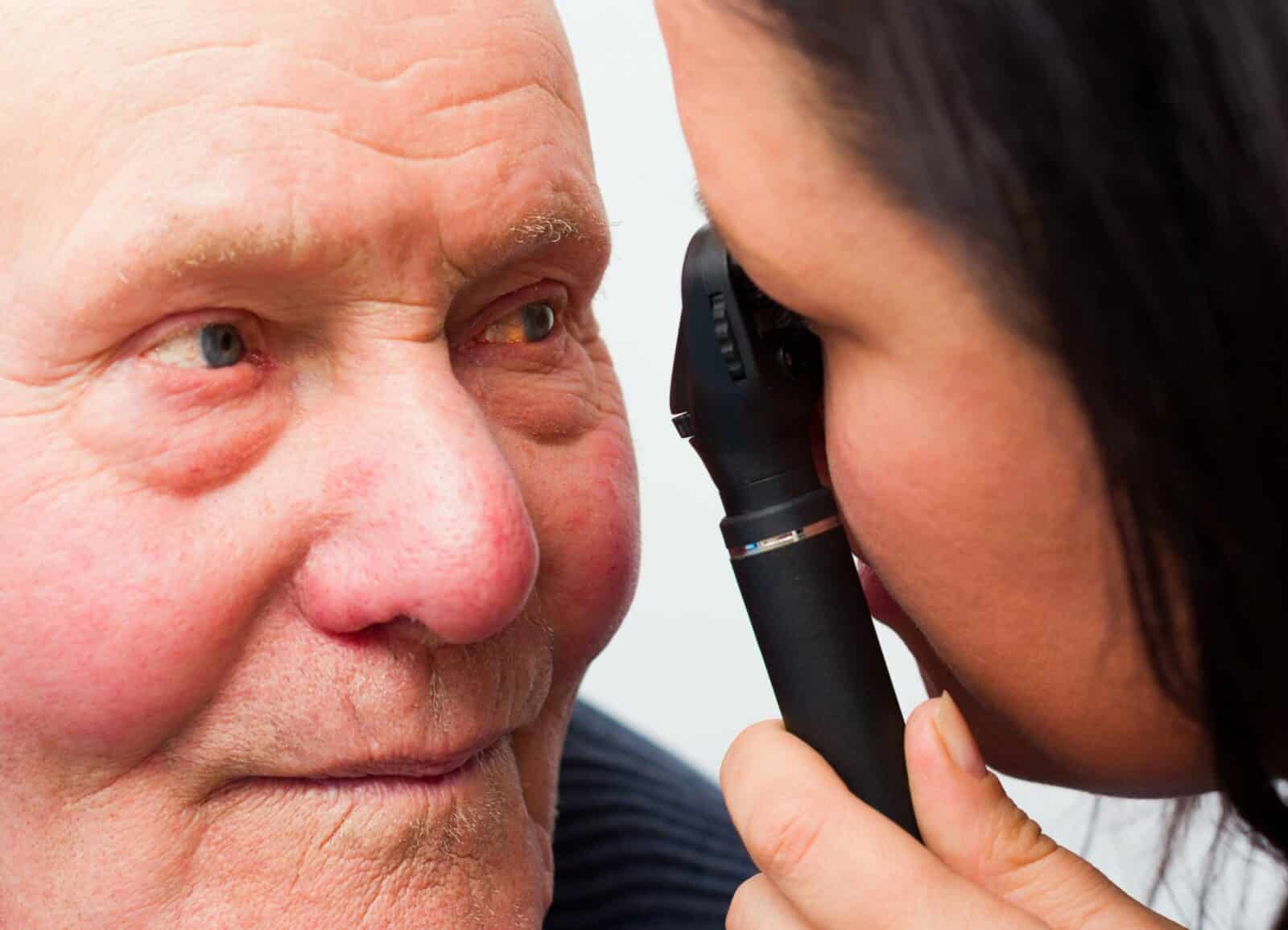Call to speak to a Licensed Insurance Agent
Mon - Fri 8am – 8pm EST; Sat - Sun 10am - 6pm EST

Macular degeneration is an eye disorder that causes you to lose your central eye vision. This eye disorder commonly happens to older people. There are some ways you can treat the macular disorder.
If this is a condition you are looking to treat, a common question many people have is, “does Medicare cover macular degeneration treatment?” In this article, we answer that question in clear, plain English. There is also information about what you can expect to pay for treatment for macular degeneration if you do not have insurance.
The short answer is yes; Medicare will cover the cost of treatment for macular degeneration. But not 100% of the time. As is often the case with Medicare, certain conditions have to be met in order for Medicare to pay for your treatment for macular degeneration. Below we look at what these are so you know what to expect.
Original Medicare (Medicare Part A and Part B) provides coverage for treatment for macular degeneration. Medicare provides coverage for your treatment for macular degeneration if it is considered medically necessary. The treatment must also be first ordered by your healthcare provider for Original Medicare to provide coverage.
Coverage for treatment for macular degeneration is provided by Medicare Part B. Medicare Part B provides coverage for a lot of treatments for macular degeneration.
One of the common treatments for macular degeneration is through injectable medications that go into the eye or blood. Medicare Part B provides coverage for injectable drugs like Eylea, Lucentis, Beovu, Macugen, and others as a treatment for wet macular degeneration. However, it has to be ordered by your healthcare provider for a medically necessary reason.
Aside from the said macular degeneration injectable medications, Medicare Part B also provides coverage for the following types of treatment such as:
Medicare Part B also provides coverage for an implantable miniature telescope if you have central blindness in both eyes. It also provides coverage for macular degeneration screening. However, Medicare Part B will only provide coverage for the screening if it is ordered by your healthcare provider for a medically necessary reason.
Once approved Medicare Part B covers 80 percent of the costs of most of your treatment and screenings for macular degeneration. You will pay for the remaining 20 percent.
Medicare Advantage plans (Medicare Part C) also provide coverage for the treatment and screening for macular degeneration. These Part C plans have to cover the same things that Original Medicare covers. But they will also provide coverage for some things that Original Medicare does not cover. The specifics of what it covers and how much that coverage will cost you depends on the plan you get.
Unlike Original Medicare, Medicare Part C plans also provide coverage for routine vision care, including the purchase of eyeglasses and other vision services not covered by Original Medicare.
The cost of injection treatment may cost anywhere from $50 per injection to $2,000 per injection. This depends on the brand of the injection.
Note: Medicare coverage changes all the time. And your specific coverage may vary from plan to plan for Medicare Advantage and Medigap plans. Always be sure to double check with your health care provider and/or Medicare insurance provider about what your plan covers and what it does not.
This article is part of our series on “What does Medicare cover?”
Also, you can check out other articles in this series including: Does Medicare cover any medical alert systems?